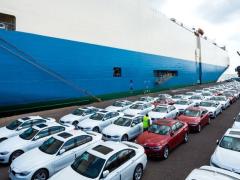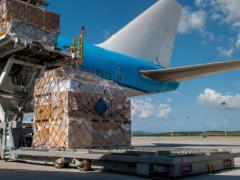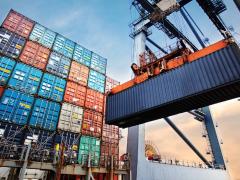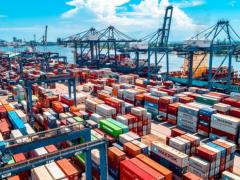AI and digitisation are no longer buzzwords – they’re reshaping South Africa’s logistics sector. According to Christo de Swardt, commercial manager at Forte Supply Chain Solutions, when applied correctly on top of existing software, artificial intelligence (AI), machine learning and the internet. “They enable businesses to make faster, more informed decisions backed by deep insights.” Another game-changer is the rise of no-code technology. “Teams can now customise solutions without long development cycles, driving faster innovation, adaptability and user- driven design,” he said. The path to adoption, however, is not always straightforward. According to De Swardt, the biggest barriers are cost, resistance to change and the sheer number of tech options available. “Many teams struggle to identify which solutions actually work, especially with so many different source systems in play,” he said. “That’s where a company such as ours steps in. We act as a single connection point, bringing multiple best-of-breed systems together to simplify choice, integration and support. Partnering with the right provider ensures businesses get the tools and backing they need to succeed.” Over the past months, the company has implemented new tools to improve efficiency, visibility and user experience across operations. One solution helps teams sense daily demand across inventories, make real- time replenishment decisions and detect sales patterns to reduce waste. Another solution focuses on last-mile transport management, enabling businesses to plan and route deliveries more effectively, optimising resources and improving service levels. The need for these tools has grown alongside South Africa’s booming e-commerce market, which has placed significant pressure on last- mile delivery, particularly in congested cities and hard-to- reach rural areas. Technology is bridging the gap with smart routing, IoT tracking and mobile platforms that boost visibility and speed. Offline-capable tools are especially valuable in regions with unstable networks, ensuring operations continue while empowering teams to capture data and execute tasks anywhere. “Partnering with local technology providers makes all the difference,” said De Swardt. “Solutions built for the South African market have the agility to adapt quickly to rapid e-commerce growth, giving logistics teams the flexibility, intelligence and scalability needed to keep pace with a fast-changing industry.” But technology alone is not enough. De Swardt emphasised that staff must be equipped to use these tools effectively. “We’re actively empowering staff with hands-on training, ongoing support, mobile-friendly tools, and simplified workflows that make daily tasks easier. Yet skills gaps remain, especially in data literacy, system integration and digital confidence.” Too often, large organisations roll out technology top-down, leaving frontline teams unsure of what’s expected. “We flip this approach,” he said. “By starting with the frontline teams, listening to their realities and feeding insights back to management, we bridge the gaps, create clarity and set teams up for lasting success.” LV
Smart routing addresses last-mile dilemma
Comments | 0












